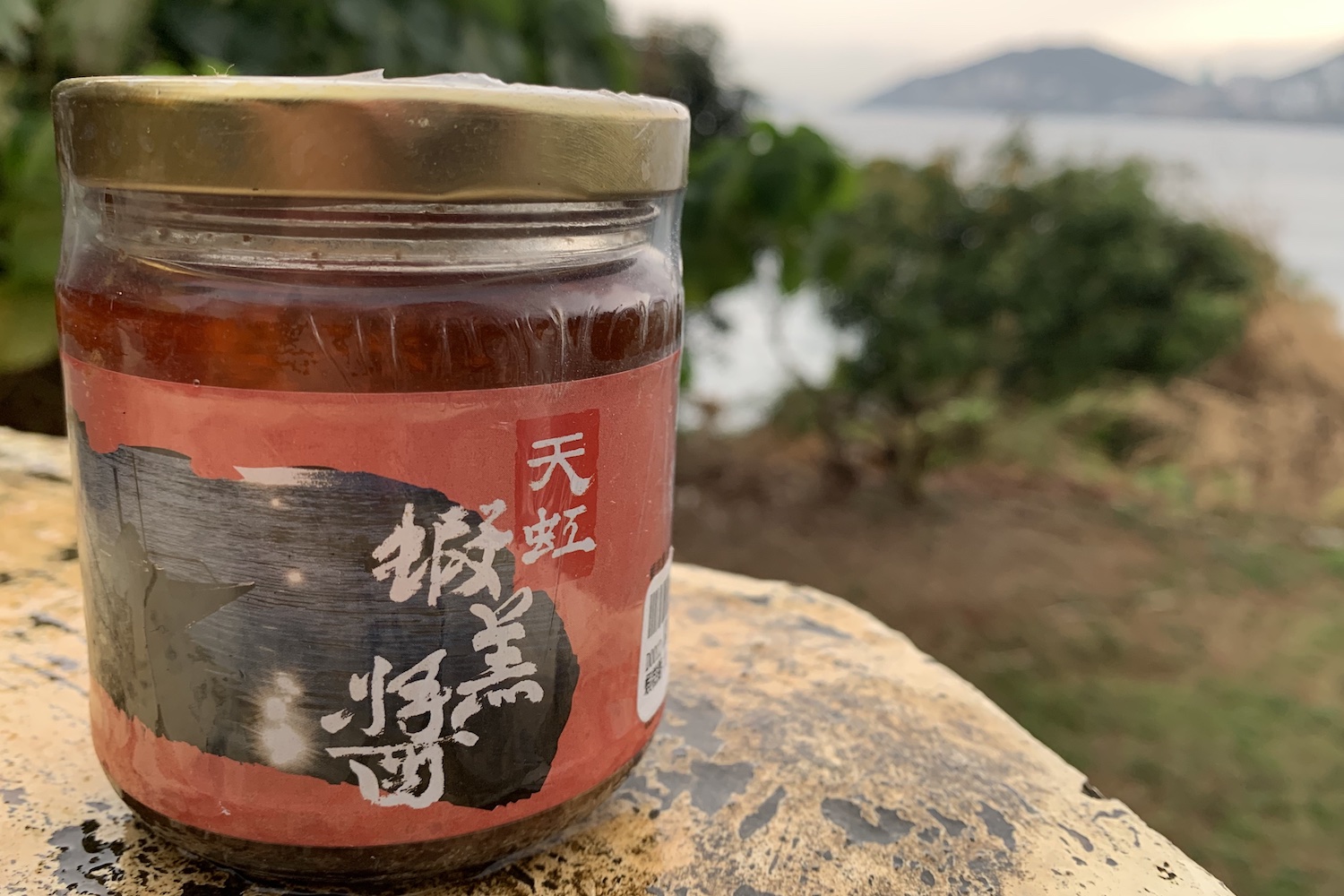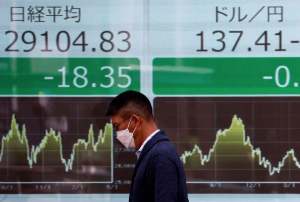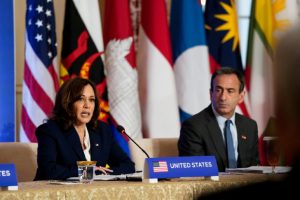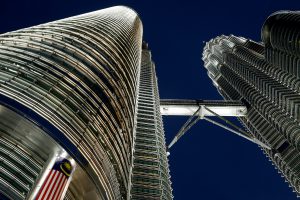(ATF) The World Trade Organisation’s decision to proceed with a dispute hearing on the new US rule that all goods imported from Hong Kong must be stamped “Made in China” has reignited trade tensions and split the territory’s community.
This week, the WTO’s Dispute Settlement Body accepted a second request from Hong Kong to establish a panel to rule on US origin-marking requirements for goods.
Economically, the rule will have little effect. “The economic impact of the labelling change is likely to be limited,” said Holly Smith of the Hinrich Foundation, a trade policy research group. “In 2019 Hong Kong exported only US$474 million worth of locally-made goods to the United States, about 1% of total exports,” she added.
But as a matter of civic pride, the US decision is momentous.
Once a manufacturing powerhouse after the Second World War, Hong Kong’s industrial base shifted north as Deng Xiaoping opened up China’s economy from the 1970s onward.
“Industrialists – many of them migrants from Shanghai, fleeing the new Communist regime on the mainland – made Hong Kong one of the world’s largest textile producers, then a leading garment maker,” Simon Cartledge, owner of Big Brains, a Hong Kong-based research house, said.
LUCK OF GEOGRAPHY
Beijing’s promotion of its first special economic zone in Shenzhen – just 50km from Hong Kong – was no accident. The Guangdong market town was able to call on Hong Kong’s technical and financial prowess to develop into the megacity it is now.
“If Hong Kong hadn’t been conveniently sitting on south China’s doorstep, and at a point where its light manufacturing base needed a rethink, then China’s own economic takeoff would certainly have been retarded.,” Cartledge said.
In the 1960s and 1970s, the city added production of toys, watches and electronics.
While that has all but disappeared, Hong Kong has great affection for the goods it does still manufacture – from soy and fish sauces highly regarded worldwide to cat litter made from crushed industrial pallets.
The “Made in Hong Kong’ saga began in July 2020 when then-US president Donald Trump announced the end of the preferential conditions granted by Washington to Hong Kong, after the imposition by Beijing of sweeping new security laws on the semi-autonomous territory.
PLACE OF ORIGIN
The US requirement was announced by US Customs and Border Protection in August 2020, breaking with a former policy that allowed Hong Kong to be named as a place of origin. The new rules came into effect in November.
Hong Kong made a first request for arbitration at the Geneva-based global trade body on January 25, but Washington blocked the move. Under WTO rules, a second request is, in practice, automatically accepted.
Hong Kong’s decision to call for dispute resolution surprised some observers. Julien Chaisse, of the Centre for Chinese and Comparative Law at the City University of Hong Kong, said filing a claim leaves Hong Kong open to an international trade audience sifting through its relationship with Beijing.
Other trade experts said Hong Kong had no choice. “If Hong Kong declined to challenge any form of WTO-inconsistent discriminatory US behaviour, it would also run a serious risk it might send a signal to trading partners that it is not going to defend its rights in the WTO,” said Stuart Harbinson, who represented Hong Kong at the WTO from 1994 to 2002.
“Others might then be tempted, in time, to follow the US lead,” he added. “In the longer term, Hong Kong’s position as a separate customs territory and WTO member could be at stake.”
OLD SAUCE, NEW LABEL
As a result of the US moves, some local factories have already taken action. The 93-year-old Koon Chun Sauce Factory has already relabelled its soybean-based products as “Made in China” to ensure it can continue selling to the vital US export market.
Washington’s move has upset both pro-Beijing supporters – who view it as a move to split the Chinese ‘motherland’ – and pro-democracy supporters – who take pride in Hong Kong’s distinctive society compared with that of the mainland.
“‘Made in Hong Kong’ remains a guarantee of quality that inspires consumer confidence even today,” the pro-China newspaper Ming Pao said. “It is also a phrase that Hong Kong people take pride in.”
Tim Hamlett, a Hong Kong Baptist University professor not known for his pro-Beijing views, asked: “Can we retaliate by insisting that American microchips should have Made in California on their labels?”
With reporting by Agence France-Presse
























